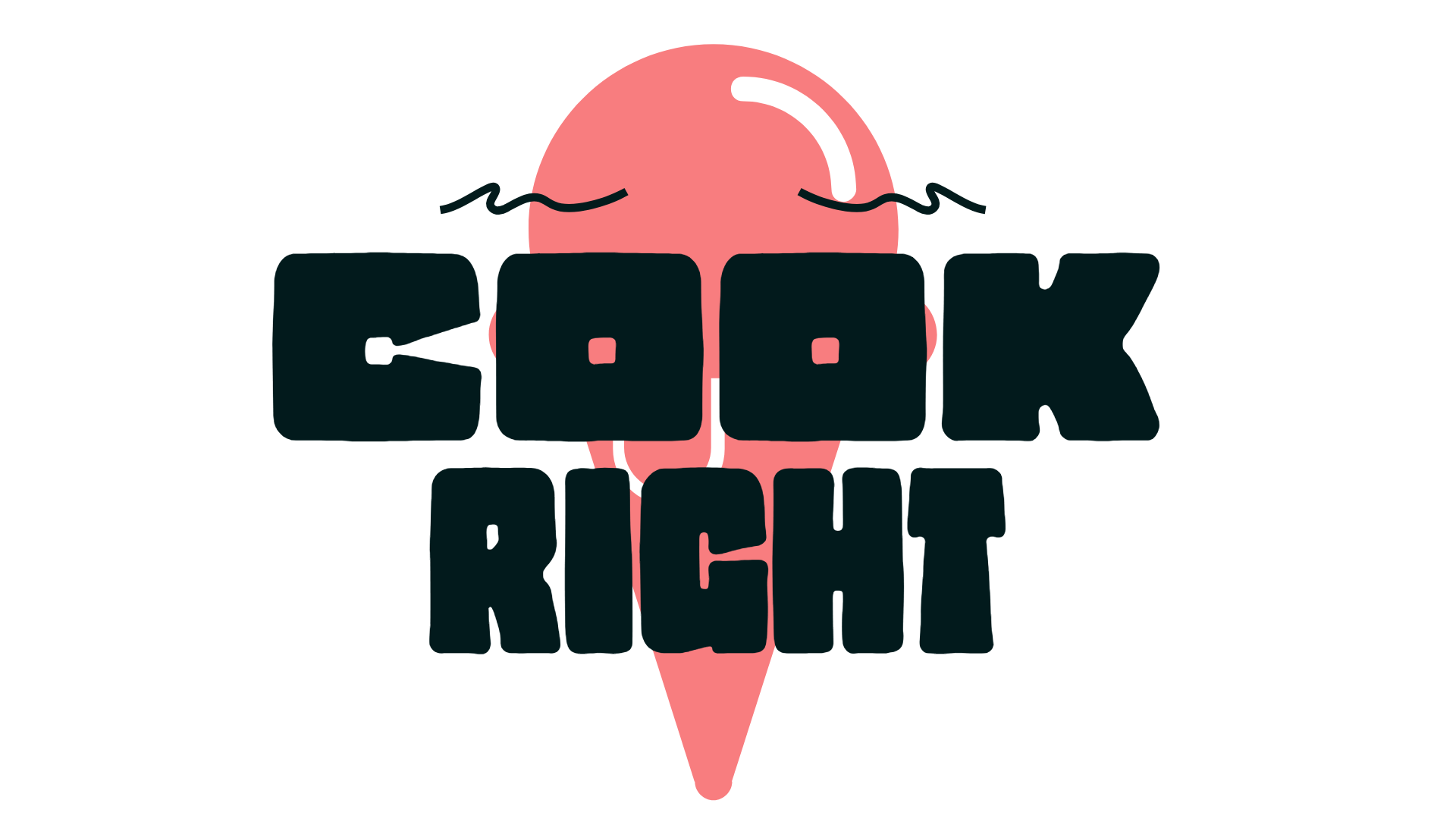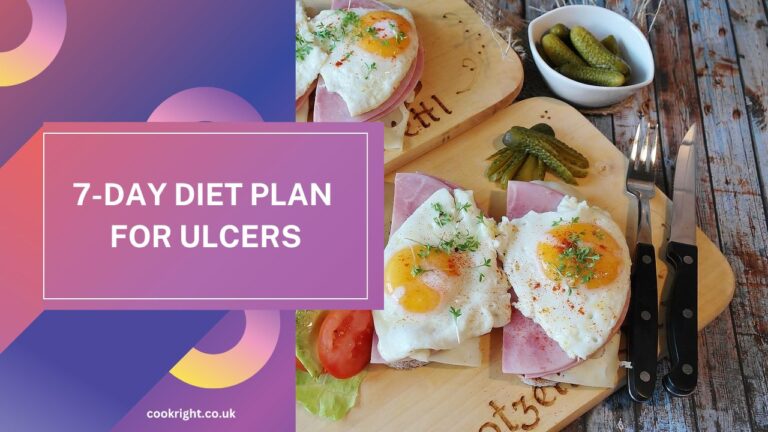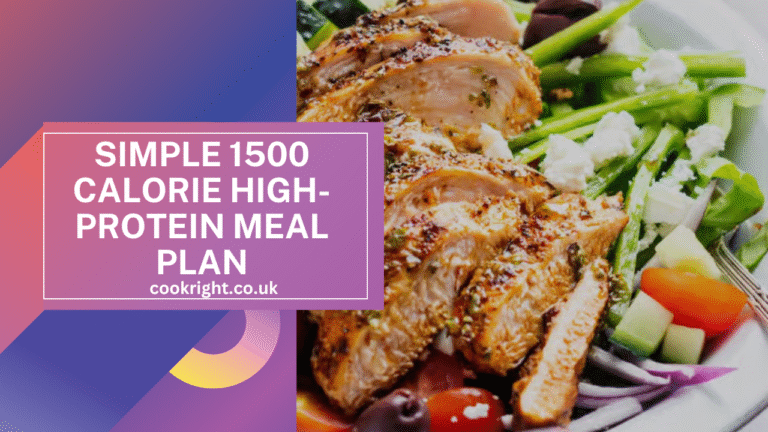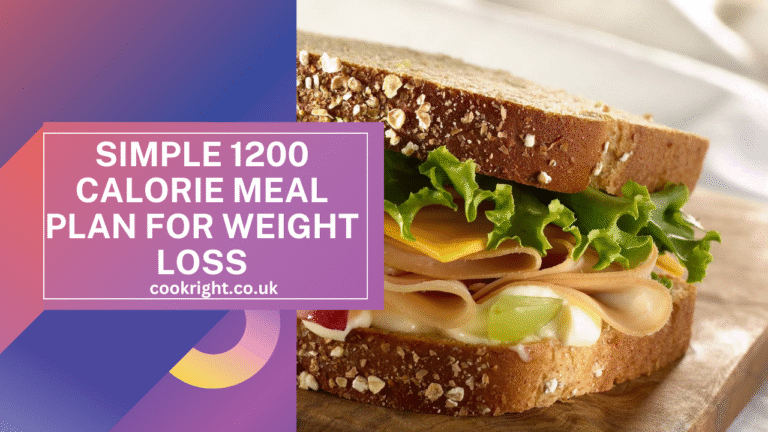Gaining weight can be as challenging as losing it, especially when the goal is to do so in a healthy and sustainable way. In Nigeria, where food culture is rich, diverse, and deeply rooted in tradition, there are plenty of options to create a meal plan that can help you achieve your weight gain goals. This guide will provide a comprehensive food timetable specifically designed to help you gain weight in a healthy way using readily available Nigerian foods.
Understanding Weight Gain: The Basics
Before diving into the timetable, it’s essential to understand the basics of weight gain. The key to gaining weight is consuming more calories than your body burns. However, it’s not just about eating more food; the quality of the food matters. The goal is to gain lean muscle and healthy fat, not just accumulate unhealthy body fat. Therefore, your diet should be rich in proteins, healthy fats, complex carbohydrates, and micronutrients.
Macronutrients for Weight Gain:
- Proteins: Essential for muscle building and repair. Good sources include eggs, fish, chicken, beans, and dairy products.
- Carbohydrates: Provide the energy needed for daily activities and exercise. Opt for complex carbs like yam, plantains, rice, and whole grains.
- Fats: Healthy fats are crucial for overall health and calorie density. Sources include avocados, nuts, seeds, palm oil, and groundnut oil.
Micronutrients: Vitamins and minerals play critical roles in metabolism and overall health. Incorporate a variety of fruits and vegetables to ensure adequate intake.
Hydration: Don’t forget the importance of staying hydrated. Water aids in digestion and the overall functioning of your body.
Creating a Weight Gain Food Timetable
Here’s a sample food timetable to guide your daily meal plan. The timetable is structured into six meals: breakfast, mid-morning snack, lunch, afternoon snack, dinner, and an evening snack. This frequent eating pattern helps you consume more calories throughout the day.
Day 1: Monday
Breakfast (7:00 AM):
- Ogi (Pap) with Akara (Bean Cakes): A high-calorie breakfast rich in carbohydrates and proteins. Serve a large bowl of pap with about 4-5 pieces of akara.
- Additions: Add a tablespoon of powdered milk or condensed milk to the pap for extra calories.
Mid-Morning Snack (10:00 AM):
- Bananas and Groundnuts: Bananas provide quick energy, while groundnuts add protein and healthy fats. Eat 2-3 bananas with a handful of groundnuts.
Lunch (1:00 PM):
- Pounded Yam with Egusi Soup and Goat Meat: Pounded yam is calorie-dense and provides complex carbohydrates. Egusi soup is rich in proteins and fats. Add goat meat or fish to enhance the protein content.
- Portion: One large serving of pounded yam (about the size of your fist) with a generous amount of soup and meat.
Afternoon Snack (4:00 PM):
- Fruit Salad with Avocado: A mix of oranges, pineapples, and mangoes with chunks of avocado for added healthy fats.
Dinner (7:00 PM):
- Jollof Rice with Fried Plantains and Chicken: Jollof rice is a staple high in carbs, and plantains add extra calories. Include a sizable piece of chicken for protein.
- Portion: A large plate of Jollof rice with 5-6 pieces of fried plantains and one chicken drumstick or thigh.
Evening Snack (9:00 PM):
- Milkshake: Blend whole milk, bananas, and a tablespoon of peanut butter for a calorie-dense drink before bed.
Day 2: Tuesday
Breakfast (7:00 AM):
- Fried Eggs with Agege Bread and Avocado: Fry eggs in a bit of oil, add tomatoes, onions, and bell peppers. Serve with slices of Agege bread and avocado.
- Portion: 3 fried eggs with 4-5 slices of bread and half an avocado.
Mid-Morning Snack (10:00 AM):
- Greek Yogurt with Honey and Nuts: A cup of Greek yogurt mixed with a tablespoon of honey and a handful of nuts like cashews or almonds.
Lunch (1:00 PM):
- Eba with Ogbono Soup and Assorted Meats: Eba is another form of starchy carbohydrates. Ogbono soup, cooked with assorted meats, provides proteins and fats.
- Portion: A large ball of eba with a generous serving of soup and 2-3 pieces of assorted meat.
Afternoon Snack (4:00 PM):
- Boiled Corn with Coconut: This combination is high in healthy fats and carbohydrates, perfect for an energy boost.
Dinner (7:00 PM):
- Beans Porridge with Plantains: Beans are rich in protein and fiber. Adding plantains boosts the calorie count.
- Portion: A large bowl of beans porridge with 3-4 pieces of plantains.
Evening Snack (9:00 PM):
- Granola Bar or Peanut Butter Sandwich: A granola bar or two slices of bread with peanut butter for a light yet calorie-dense snack.
Day 3: Wednesday
Breakfast (7:00 AM):
- Oatmeal with Milk, Honey, and Fruits: Cook oats with full cream milk and add a tablespoon of honey and fruits like apples or berries.
- Portion: A large bowl of oatmeal with generous fruit toppings.
Mid-Morning Snack (10:00 AM):
- Smoothie: A blend of whole milk, bananas, peanut butter, and cocoa powder for a rich, filling snack.
Lunch (1:00 PM):
- Yam and Fish Pepper Soup: Yam provides carbs, and fish is rich in protein and omega-3 fatty acids.
- Portion: A large bowl of pepper soup with several chunks of yam.
Afternoon Snack (4:00 PM):
- Suya (Spicy Grilled Meat): A popular Nigerian snack high in protein and fats. Enjoy with onions and tomatoes for extra vitamins.
Dinner (7:00 PM):
- Spaghetti with Meatballs: Pasta is high in carbs, and meatballs provide the necessary protein and fats.
- Portion: A large plate of spaghetti with 4-5 meatballs.
Evening Snack (9:00 PM):
- Custard with Milk: A simple, light dessert that is easy to digest and adds extra calories before bed.
Additional Tips for Healthy Weight Gain
- Consistency is Key: Stick to your meal plan and be consistent with your eating schedule. Consistency will help you meet your daily calorie requirements.
- Portion Control: Increase your portions gradually if needed. If you feel too full, try eating more frequent, smaller meals throughout the day.
- Exercise Regularly: Include resistance training like lifting weights to build muscle mass rather than just accumulating fat.
- Monitor Progress: Track your weight gain progress weekly. Adjust your food intake as needed to ensure steady, healthy weight gain.
- Stay Hydrated: Drink plenty of water throughout the day. Avoid excessive consumption of sugary drinks; opt for smoothies and milkshakes for extra calories instead.
Conclusion
Gaining weight in Nigeria can be enjoyable and fulfilling, thanks to the wide variety of delicious and nutritious foods available. By following this comprehensive food timetable, you can ensure that you are consuming the necessary nutrients and calories to reach your weight gain goals. Remember, the journey to a healthier you is a marathon, not a sprint. Be patient, stay consistent, and enjoy the process of nourishing your body with wholesome Nigerian foods.
Adapting this guide to your individual needs and preferences will make the weight gain journey more enjoyable and sustainable. With dedication and the right plan, you’ll be on your way to achieving your desired weight in no time!








